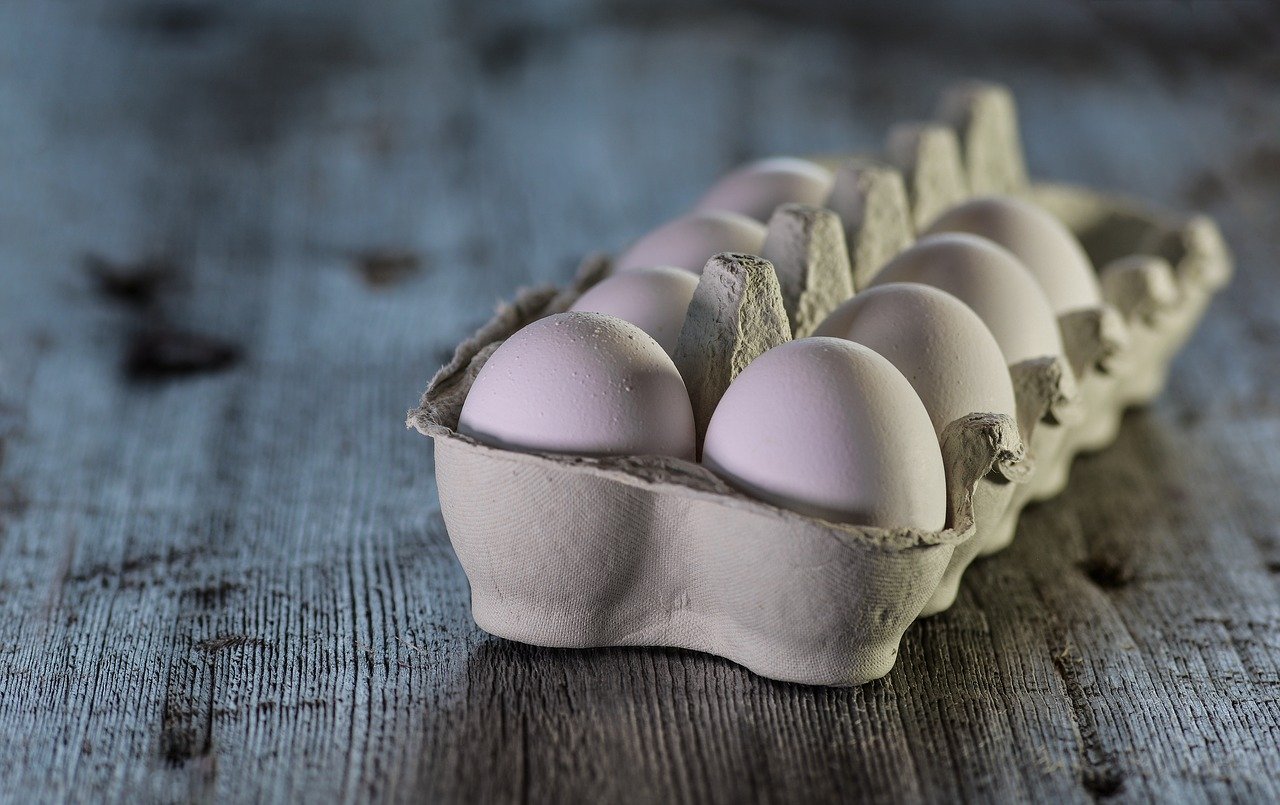When it comes to boiling eggs, there are almost as many methods as there are humans. Everyone has their own tips and tricks for getting the eggs just the way you want them. And everyone thinks that one’s own way is the best.
The discussion can be heated by the question of whether the eggs should be boiled with lids or without lids, put in cold or boiling water and exactly how many minutes they should boil. However, we argue that this method is a foolproof way to get perfectly boiled eggs perfect – every time! You decide whether you want to take a pinch of salt or not.
How to cook perfectly boiled eggs
To begin with, I would like to point out that by perfect onion I mean a solid white but runny yellow – so that no misunderstandings arise. The trick to achieve this is to have the white coagulate before the heat reaches the yellow.
The method we propose to get perfect eggs is to boil them in the steam instead of putting them directly in the water. This reduces the risk of the eggs bursting and the temperature being kept more constant.
Do this:
Pour water into a saucepan so that the water surface reaches about 1 ¼ cm from the bottom of the saucepan.
Let the water boil with lid on.
When the water boils, gently place in the refrigerated eggs. Just put in so many eggs that everyone can fit in one layer. Because the water does not enclose the eggs, it is the steam that makes the eggs boil.
Put on the lid and let the water vapor do the job for 6 ½ minutes. The time is adapted for eggs of size L or XL. If you have smaller eggs you may need to shorten the time slightly.
When the time is up, rinse the eggs in cold water for about 30 seconds. Pick up the eggs and serve immediately.
Make it easy for you with an egg boiler
The principle of boiling eggs with steam is basically how an electric egg boiler works. Most boilers also have a timer that automatically shuts off the boiler when the time is up. So you don’t have to keep an eye on the egg bell.
Do you prefer hard-boiled eggs?
Do you like hard boiled eggs with crumbly yellow or maybe a solid white but creamy yellow that has started to solidify? In order to get the egg exactly as you want, you just have to keep track of time. My Kitchen suggests the following cooking times to get the eggs just the way you want them.
Fresh eggs are more difficult to scale
Did you know that fresh eggs are harder to scale than eggs that are a week old? It is the membrane on the inside of the shell that sticks to the white and makes it difficult to remove the egg shell without tearing with half the inside measurement.
You can test how old an egg is by putting it in a glass of water. Fresh eggs lay down, while weekly eggs often stand on the bottom. Really old eggs often float to the surface.
Eggs last longer than you think
When it comes to eggs, you should not stare blindly at the best-before date. The best-before date is set to a maximum of 28 days after the laying date according to EU rules. Eggs stored in the refrigerator often last at least 2 months, sometimes even longer.
Keep the eggs with the pointed side down. Namely, there is an air bubble under the blunt end of the shell. When the air bubble reaches the top, it prevents the egg yolk from coming into contact with the shell, which improves durability.
You can also store eggs outside the fridge, but then it is important to take care of a little so that they do not get bad. Test the water trick above before cracking the eggs in the pancake batter. You can almost always feel the smell if an egg has become old (the phrase “a rotten egg” certainly has a historical background), but if the egg has already cracked in the batter it may be too late to save the pancake.
Make poached eggs in the microwave – and other smart egg hacks
If now, not boiled eggs are your thing, maybe you prefer fried or poached eggs? Tasty has made a video with 5 smart egg hacks, eg how to easily poach an egg in microns or cook hard-boiled eggs in the coffee maker.
